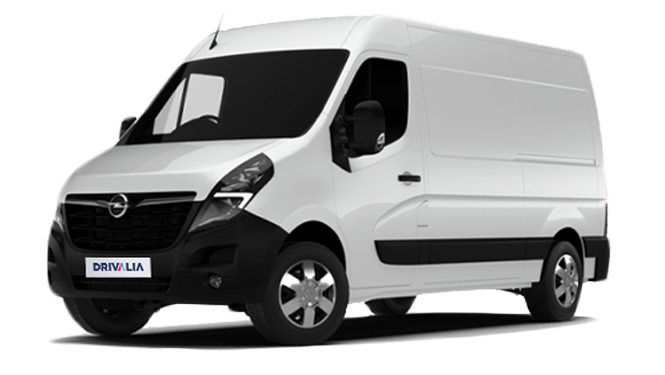Welcome to a long-term driving perspective
The experience gained in medium-term subscription rental services with unique and successful formulas such as Drivalia CarCloud and Drivalia Be Free EVO favors the evolution towards a new idea of "long-term" mobility, placing customer satisfaction at the center of our strategy.

Choose the car
Choose the car you want to rent from those available in stock or to order

Customize
Customise your monthly fee with services

Request a quote
Request a customised quotation

Sign the contract
Sign your contract and get ready to pick up the car
Drivalia Lease
Thanks to a fixed monthly fee, long-term rental provides a vehicle or fleet in consistently excellent condition, without the operational, administrative, and maintenance costs traditionally associated with ownership
Drivalia launches DRIVALIA FUTURE LEASE, the long-term rental inspired by the circular economy of semi-new vehicles from the Drivalia fleet
Drivalia expands its Future platform, dedicated to giving new life to ex-lease vehicles, by introducing Drivalia Future Lease. This innovative plan offers long-term rental options for a selection of vehicles at the conclusion of rental or subscription contracts.
With DRIVALIA FUTURE LEASE you will be able to access a long-term rental formula with concrete advantages on your mobility expenditure. Drivalia will guarantee fast delivery times to ensure an immediate mobility solution for customers who choose this rental formula.
Filter among the offers below to discover the models available for rental










